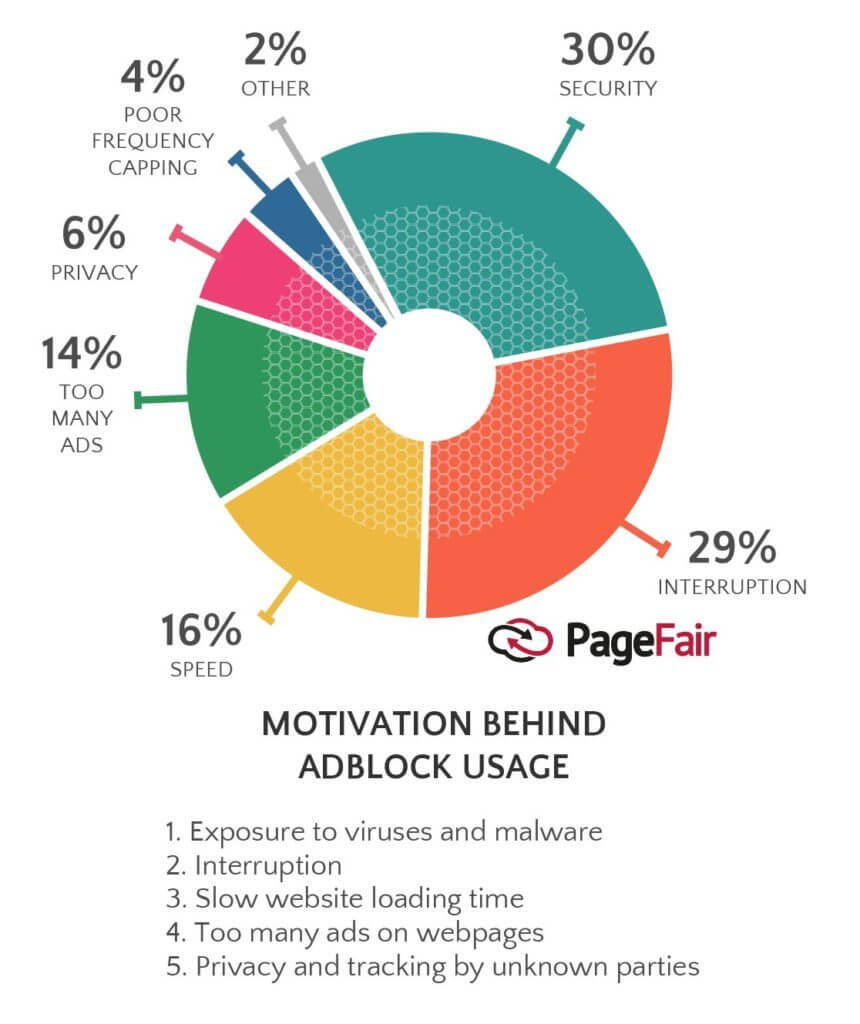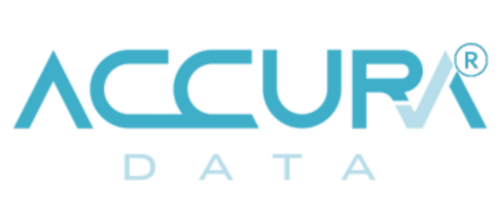Since the advent of the internet in the 1990s, websites have rapidly become more popular. Rather than simply being a niche way to get your brand out there, websites are now a necessity. Think of it like this, in the modern-day a website is like a shop window for your business. People will come to your website and if they like what they see, they are more likely to stay and buy something. Unfortunately, not everyone is a web designer and there are numerous examples of slow websites on the internet. Ultimately, if you have a slow website then your business is going to suffer.
That is why in this article, we’re going to go over the reasons why your website may be slow. Websites are incredibly complex, especially if you don’t have any experience with building them. This is why there is now a range of tools that can help you to analyse website speed. One such example of a tool would be Googe’s PageSpeed Insights. By using this tool you will get insights into the speed of your website and how to improve it.
Why Does Your Website Need To Be Fast?
If I want to make things simple, I’d say that your website needs to be fast otherwise you won’t get noticed. It goes deeper than that. When visiting a website, a viewer will be incredibly likely to click away from your site if it takes more than three seconds to load. Think about that. Just for three seconds of loading time, you could be losing dozens of customers. Thousands of pounds in lost business. This shows that you will struggle to get noticed with a slow website. A faster website will give people a better experience and will make them more likely to stay on your site.

The figure is that 40% of viewers will leave the website if it takes more than three seconds to load. So, if you wanted to do the maths, assume that you had 1000 people visit your website per month. If it converts at 10%, what would you get? You would normally get 100 sales out of your website every month. However, if your website was slow loading, you could expect to lose 40 of these sales. That means you would end up with only 60 sales. Almost half of the revenue that you would have normally expected. It goes to show that if you want to keep customers and be competitive, you need a fast website.
Poor Image Optimisation Will Slow Your Website
This is one of the most common culprits for a website being slowed down. Having a large number of poorly optimised images on your website will easily slow it down. This is because high-quality images will gobble up bandwidth when they’re loading. In addition to this, using large images and then compressing them down later can also needlessly slow down your website. If you want an example of the file types to use, then you should be using JPEG over PNG. This is because the JPEG files are smaller and will be able to load much quicker on your website.
If you want advice, then you should also look into the file size of what you’re uploading onto your site. Any images that are above one Megabyte in size is not going to cut it at all. You should take steps to use JPEG images at every opportunity compared to other file types, especially with larger pictures. If you’re going to be using other file types, then you should only use them for tiny things like icons. This way, you will be able to ensure that your website is as fast as possible.
Not Caching Will Lead to a Slow Website
This is another thing that can be overlooked, especially if you’re not a developer and you’re handling your own website. Caching is a great way to make your website perform better by a long way and if you’re not doing it, then you’re missing a serious trick. So what is caching? It’s a technique that allows the user to store data points that are often used in the cached memory of the website. As a result of this, the data retrieval process on the website becomes a lot faster and general performance for users will improve greatly. If you’re not doing it, do it!
You can implement different kinds of caching, with the most popular forms of caching being browser caching and server-side caching. These will greatly improve the overall performance of your website. Caching is very versatile and you can cache a number of different things, images, databases and much more. Despite the benefit of caching, you really shouldn’t be doing it if you don’t know what you’re doing. This is because it can be really difficult and it becomes incredibly easy to mess your website up. So, if you’re planning on using caching for your website, you might want to consider hiring a web developer to do it for you.
Bad Coding Will Cripple Your Website
Bad coding is something that will obviously cripple the speed of your website. As a result of this, it will also drive down the number of viewers and sales that you get from your website. When a developer makes a website, there are some things that can be done inefficiently, which ends up slowing the website down. For instance, too much whitespace, empty lines, inline styling and other things can make the stylesheet for your website rapidly expand. This is something that ultimately leads to poor performance, and yes, you guessed it, fewer viewers. So, you should be aware of the quality of code on your website.
By taking these elements away from your website, you’re going to go a long way towards improving your performance. You will be able to compress the code and reduce the size of your overall website files. This will improve overall page loading times and it even has the benefit of improving the SEO for your website. You could find yourself flying up the rankings after defeating your bad code. If you’re not comfortable with doing this yourself, that’s entirely understandable, it can be complex and mistakes are costly. You can find online tools or web developers to help you.
Too Many Adverts Will Slow Your Website
This is one that I see quite a lot and I would say that one of the worst culprits for it are news companies. You know the ones I’m talking about, the ones where you get onto the website and you can’t even scroll because all of the ads are dragging the site speed down. I know that adverts are a great way to earn some money from your website traffic, but you’re not going to stay competitive if you have so many ads that your website is slower than a blind turtle. You should only be using them at a level that is economic for you without compromising on website performance.

There are some examples of companies getting creative with the adverts on their sites to beat the problem. For instance, the gaming site Solitaired have made use of adverts that loaded based on the users started playing solitaire on a timed delay. This had the impact of increasing their page speed and getting more revenue from their ads. Remember, nobody is going to see your adverts if nobody comes to your website, and they won’t if they’re bombarded with adverts. So, if you’re thinking about making changes to your website, then have a look at your advert strategy.
A Bad Hosting Provider Will Doom Your Website
The capability of your web hosting company will have a big impact on the speed of your website. So, in a sense, some of the issues with loading speed on your website may not actually be your fault at all. If you’ve had a look at some of the other issues in this guide and you’ve not found any issues, it might be worth having a look at your host. Having the best web hosting provider for your business could be the difference between losing customers and gaining them. If you’re not sure about which provider is right for you, then have a look at some review articles online. Be warned though that some of these articles may be promotional.
In terms of my recommendations, it really does depend on what you actually want from your website host. If you’re a beginner and have never used a hosting service before, I would recommend Bluehost. They offer pretty competitive market prices and the level of support that you get, coupled with the advanced yet simple tools make it a great first choice. Alternatively, if you’re working with a more minimal budget, I would suggest Hostinger, who come with rock bottom industry prices without providing rock bottom service.
Conclusion
In closing, you should now have an understanding of some of the reasons why your website is slow. It’s incredibly important for you to be able to have a quick website because you will end up losing business if you don’t. Firstly, you should look into the images on your website as the first port of call. They are by far the biggest culprit and it can be quite an easy process to replace the images that you already have with something more suitable. Additionally, you should make sure that you’re using caching techniques on your website. This is because your website will have to do less leg work when loading, which will increase performance.
You should also do a review of the code on your website if you’re able to. If you don’t have the skills yourself, then I would strongly suggest that you get a web designer to do it for you. They will be able to remove any worthless code that could be slowing your website down. You should also take care not to flood your website with adverts, because it will ultimately hurt your viewership and revenue. Finally, you should check to see if the service that is provided by your hosting company is working as it should do.

